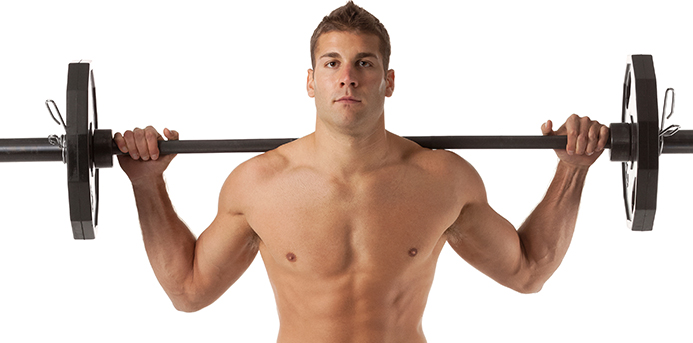Doctors always warn, ignore your health and it will go away.
Luckily, for men in their 20s who stay up late, drink beer and eat junk food, the body is very forgiving. It responds quickly to changes: healthy eating, regular exercise and stress-reducing activities. Don’t forget time with friends and family; strong emotional ties help build a happier life.
Want to create your own healthy lifestyle? Our experts provide tips for men in their 20s, 30s, 40s and 50s to feel great and live longer.
First stop: the doctor’s office.
Once boys turn 18 and outgrow their pediatricians, it’s not likely they’ll get annual check-ups, says Ana Fadich of Men’s Health Network in Washington, D.C. At risk for testicular cancer, men in their 20s should learn from their doctors how to do regular self-exams.
In their 20s and 30s, men require:
- Physicals every two to three years.
- Cholesterol, glucose and blood pressure checks.
- Exercise and a healthy diet.
“If you’re overweight, burn more calories on a daily basis than you eat,” says cardiologist Dr. Kim Williams of Rush University Medical Center in Chicago.
- Trim abdominal fat. More than 40 inches at the navel increases your risk for diabetes.
- Follow the American Heart Association’s seven tips for a healthy heart.
Available on iTunes, the Figure Facts His Nutrition app, created by dietitian Roberta Clarke Jenero of Park Ridge, has men record what they eat throughout the day. It alerts them to eat certain foods and warns them when they overdo it.
In your 30s, Jenero says:
- Take calcium supplements to maintain bone mass.
- Lift weights to build it.
At 40, she recommends adding:
- An eye exam—check for vision changes, cataracts and glaucoma.
- Morning workouts, especially if you sit at a computer. It increases blood flow to your eyes, which improves sight.
- A hearing screening.
Tests to include in your 50s:
- Colonoscopy—ensures the colon is functioning properly.
- Prostate-Specific Antigen Test—detects Prostate Cancer.
Seek help for mental maladies.
Unfortunately, boys are raised to bury emotions, like sadness, which can manifest itself in alcohol and drug abuse, says Dr. Sam Cochran, author of “Men and Depression.” “Connect with someone and talk about it.”
Men who get check-ups tend to take preventive measures more than men who don’t, says Dr. John Revis of NorthShore University HealthSystem in Glenview. “Focus on your lifestyle. It sets the base for later in life.”

